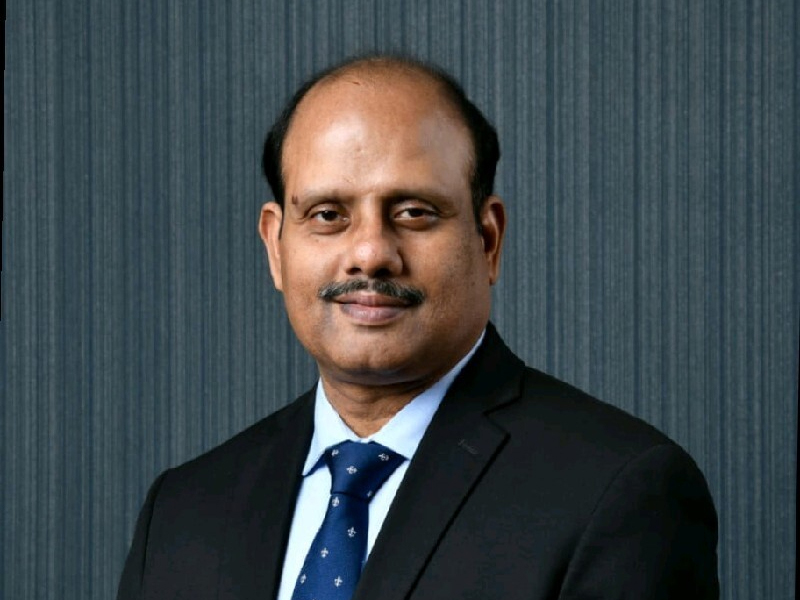 RBI
RBI
Old lending practices a constraint in catering to agriculture sector: RBI deputy governor
Pune/IBNS: Traditional lending methods fall short in meeting the unique demands of the agricultural sector, necessitating innovative, flexible financial solutions tailored to farmers' needs, Reserve Bank of India's (RBI) deputy governor Swaminathan Janakiraman said.
“Without accessible and affordable financing options, the much-needed shift to sustainable farming practices will remain a distant dream for many,” Swaminathan stated during the International Research Conference hosted by the College of Agricultural Banking in Pune last week.
The central bank published a copy of its deputy governor's speech on its website on Monday (Sept. 16).
He emphasized that two key issues must be addressed moving forward: promoting sustainable agriculture and ensuring adequate funding to support it.
Swaminathan stressed that sustainable finance should not only encourage eco-friendly practices but also ensure that financial resources are available to the farmers who need them most, offering fair access to technology, tools, and knowledge.
He also noted that crop insurance products designed to cover weather-related risks could help reduce uncertainties faced by farmers.
Additionally, he suggested that blended finance models—where public funds are used to attract private investments—can play a pivotal role in providing capital for sustainable farming transitions.
"This would not only mobilize resources from various sources but also distribute risks and returns more equitably,” he added.
Swaminathan pointed out that institutional credit for agriculture reached a record high of Rs 25.10 trillion in FY24, with around 74 million active Kisan Credit Cards serving as crucial instruments for delivering timely, flexible credit, particularly for short-term needs.
“However, addressing regional disparities in access to credit remains critical,” he noted, stating that ensuring all farmers, regardless of location, have timely and adequate financing is essential to tackling sustainability and resilience challenges in agriculture.
He further highlighted that while sustainable practices such as organic farming, climate-smart technologies, and modern irrigation systems may involve high initial costs, they provide long-term benefits in productivity, resilience, and environmental care.
Although institutional credit has grown significantly, regional disparities still exist. Swaminathan suggested that value chain and warehouse financing could offer viable solutions.
Government initiatives like the Agri Infrastructure Fund, the Pradhan Mantri Formalisation of Micro Food Processing Enterprises Scheme (PMFME), and the Animal Husbandry Infrastructure Development Fund (AHIDF) are also driving agricultural progress.
He concluded by stressing the importance of addressing regional imbalances, expanding credit access, and integrating value chain financing to create a more sustainable and resilient future for Indian agriculture.
Support Our Journalism
We cannot do without you.. your contribution supports unbiased journalism
IBNS is not driven by any ism- not wokeism, not racism, not skewed secularism, not hyper right-wing or left liberal ideals, nor by any hardline religious beliefs or hyper nationalism. We want to serve you good old objective news, as they are. We do not judge or preach. We let people decide for themselves. We only try to present factual and well-sourced news.







